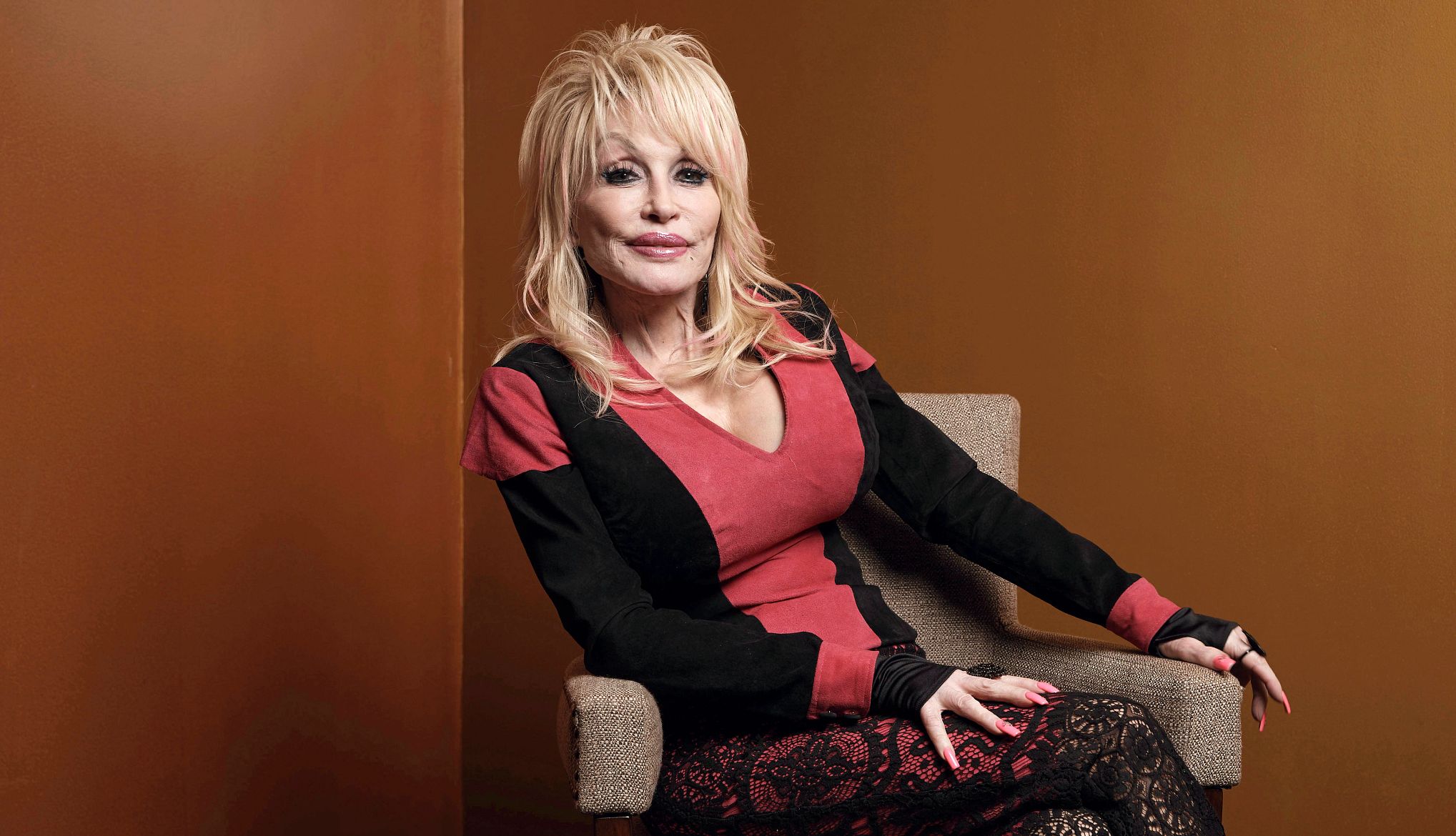Play all audios:
Dolly Parton, 79, is opening up about navigating grief after the death of her husband, Carl Dean, 82, earlier this year. “I am a person of faith, and I truly believe that I’m going to see
him again someday,” Parton told the Associated Press. “And I see him every day in my memories and in my heart, and in all the things that we used to do and all the things that we’ve built
together. You just kind of have to learn to kind of make new plans, but that’s the hardest part.” The Grammy award-winning country singer, songwriter, and businesswoman said Dean had been
“ill for quite a while,” and part of her is “at peace because he’s at peace,” but “that still doesn’t make up for the loss and the loneliness of it.” Dean passed away on March 3, 2025, in
Nashville, Tennessee. DEALING WITH GRIEF The death of a loved one can cause a range of emotions, but there are practical steps a person can take to deal with the immediate loss. These steps
include alerting friends, family and the loved one’s employer; making funeral, burial or cremation arrangements; and getting a legal pronouncement of death. If you were the caregiver of a
deceased loved one, you should familiarize yourself with rights and legal obligations, especially if the person had a will or trust. Also, to access any assets, veterans, Social Security
benefits or insurance money, you must provide your loved one’s death certificate for verification purposes. Grieving a loved one can be a complex process. For many, the pain from a loss can
trigger prolonged grief disorder, which the American Psychiatric Association describes as “intense and persistent grief that causes problems and interferes with daily life.” To deal with
grief, a person should do things like share their feelings, listen to their body, seek solace in support groups, stay active and seek purpose. A study of 13,000 people published in the
journal _Preventive Medicine_ in 2022 found that purpose — a sense of direction and goals in life — may be linked to better health and lower mortality.

